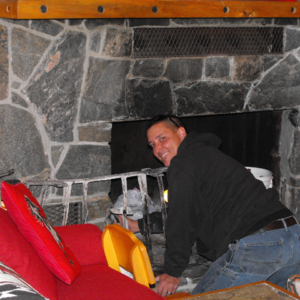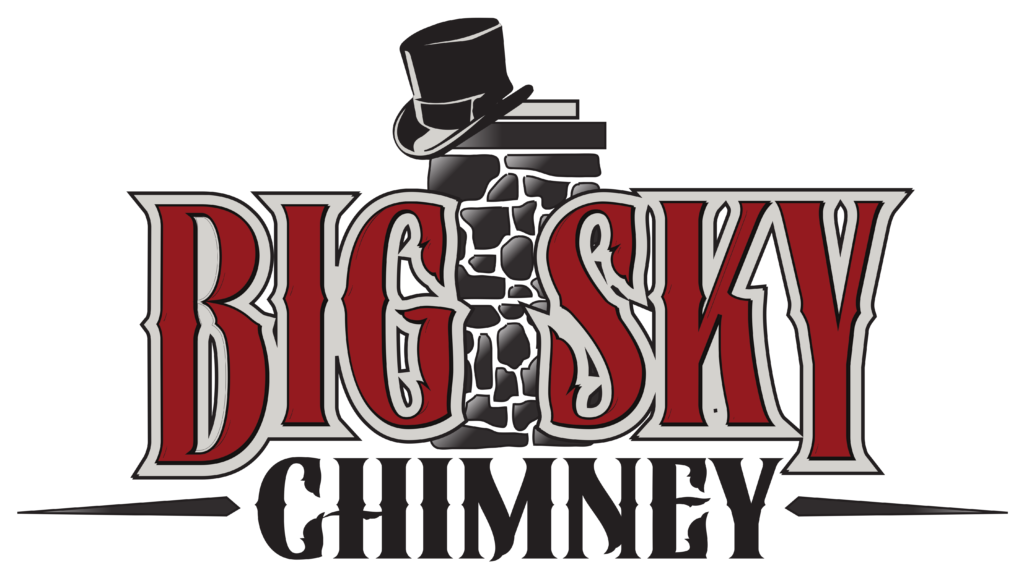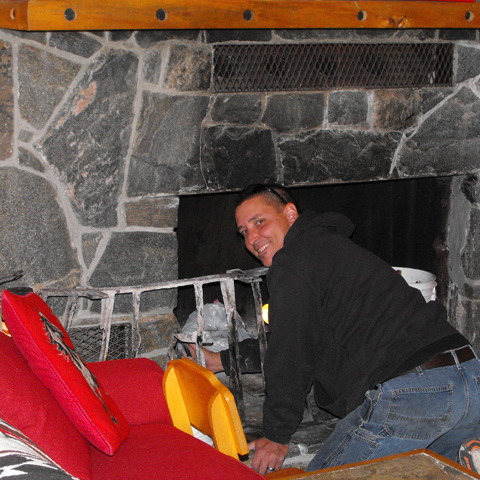Owning a home comes with many responsibilities. One often overlooked task is regular chimney inspections. A clean and well-maintained chimney is essential for the safety and efficiency of your home. This blog will let you know the importance of chimney inspections and the role of a chimney inspector.

Why Chimney Inspections Are Crucial
By having a look at the following points/benefits, you can easily comprehend why you should go with a chimney inspection:
- Prevents Fires – One of the primary reasons for chimney inspections is fire prevention. Over time, creosote, a flammable byproduct of burning wood, accumulates inside your chimney. If not cleaned regularly, this can ignite and cause a dangerous chimney fire. Regular inspections help identify and remove creosote buildup, significantly reducing fire risks.
- Ensures Proper Ventilation – A blocked chimney can cause smoke and harmful gasses to enter your home. This can lead to serious health issues, including carbon monoxide poisoning. A chimney inspector ensures that your chimney is free of obstructions, allowing smoke and gasses to exit your home safely.
- Maintains Structural Integrity – Chimneys are exposed to various weather conditions, which can lead to wear and tear over time. Cracks in the chimney structure can allow water to seep in, causing further damage. An inspector checks for structural issues and recommends necessary repairs, helping to maintain the chimney’s integrity.
What Does a Chimney Inspector Do?
In the inspection process, a chimney inspector plays a crucial role. Here are what they do:
- Does Visual Inspection – A chimney inspector starts with a thorough visual inspection. They look for obvious signs of damage, such as cracks, loose bricks, or rust. This initial step helps identify areas that need closer examination.
- Checks for Blockages – Bird nests, leaves, and other debris can block a chimney. Inspectors use special tools to check for and remove any blockages, ensuring proper ventilation.
- Assessing the Flu – The flue is the lining inside your chimney that directs smoke and gasses out of your home. Inspectors examine the flue for cracks or damage. A damaged flue can lead to serious safety hazards, so it’s crucial to ensure it is in good condition.
The Evaluation of the Chimney Cap and Crown
The chimney cap and crown play vital roles in protecting your chimney from the elements. The inspector checks these components for damage or wear. A well-maintained cap and crown prevent water and debris from entering the chimney.
When Should You Schedule a Chimney Inspection?
Experts recommend chimney inspection at least once a year. Regular inspections help catch issues early, preventing costly repairs down the line. Further, you can get it done before the heating season and after severe weather conditions like heavy snow falls.
How to Choose the Right Chimney Inspector
Selecting a chimney inspector for the first time is a little tricky job. However, you can make it easier by looking at certain factors. Here are a few steps you can follow to choose the right one:
- Know about Certifications and Experience – Choose a chimney inspector with the proper certifications. In the United States, look for inspectors certified by the Chimney Safety Institute of America (CSIA). Experienced inspectors are more likely to spot potential problems and offer reliable solutions.
- Reputation and Reviews – Check reviews and ask for recommendations from friends or neighbors. A reputable chimney inspector will have positive feedback from satisfied customers.
- Comprehensive Services – Select an inspector who offers comprehensive services, including cleaning and repair. This ensures you can address any issues found during the inspection without needing to hire multiple professionals.
Conclusion
Regular chimney inspections are a crucial part of home maintenance. They prevent fires, ensure proper ventilation, and maintain the structural integrity of your chimney. By choosing a certified and experienced chimney inspector, you can enjoy a safe and efficient home. Don’t wait for problems to arise—schedule your chimney inspection today and keep your home warm and secure.

